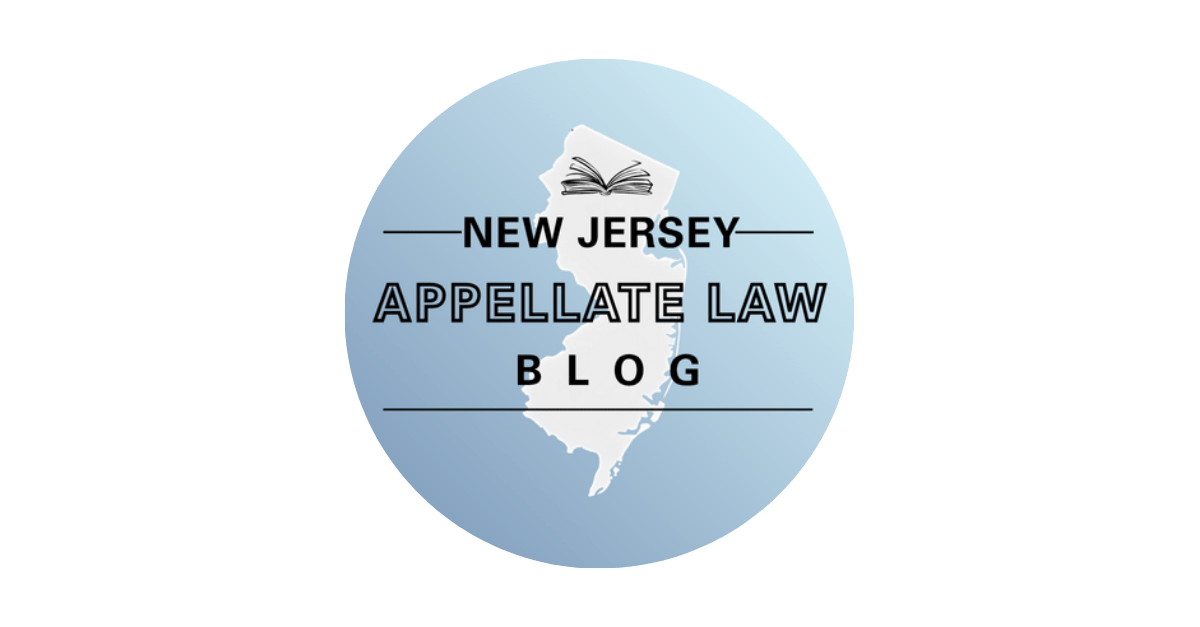One From "Column A" (the Supreme Court) and One From "Column B" (the Appellate Division)
When Michael died, Jeanine redeemed the bonds. Michael’s estate claimed that her redemption of the bonds counted against the $200,000 due. Jeanine sued for reimbursement, and the Chancery Division agreed with the Estate that the bond redemption counted against the amount due. The Appellate Division reversed in an opinion reported at 477 N.J. Super. 203 (App. Div. 2023). That court concluded that N.J.S.A. 3B:3-14, which governs the revocation of property transfers by divorce, conflicted with and was preempted by federal law.
The case came to the Supreme Court. In a unanimous opinion by Justice Pierre-Louis, the Court disagreed that there was preemption. But the Court upheld the Appellate Division’s ruling on a different basis. “Given that the DSA did not direct the disposition of the savings bonds, the bonds have no bearing on Michael’s -- and later the Estate’s – obligation to pay Jeanine $200,000. The approximately $77,800 in savings bonds that Jeanine redeemed upon Michael’s death should not have been credited against the $200,000 because the bonds were separate and apart from that obligation. Pursuant to the DSA, the Estate must make whatever payments remain to Jeanine of the $200,000 amount.”
Rosetti v. Ramapo-Indian Hills Regional High School Bd. of Educ., ___ N.J. Super. ___ (App. Div. 2025). Chief Judge Sumners began his opinion for the Appellate Division in this case as follows: “The issue before this court, one of first impression, is whether the Open Public Records Act (OPRA or Act), N.J.S.A. 47:1A-1 to -13, compels the disclosure of email logs of public officials’ personal computers discussing public business.” The Law Division had ruled that the email logs were not “government records” subject to OPRA. Alternatively, that court said, if they were government records, it was too burdensome for defendant to produce them.
The Appellate Division reversed, applying de novo review of the legal issue presented. The panel “conclude[d] the email logs on private servers are government records under N.J.S.A. 47:1A-1, and are disclosable based on Ass’n for Government Responsibility, Ethics & Transparency v. Borough of Mantoloking, 478 N.J. Super. 470, 489 (App. Div. 2024), where [the Appellate Division] held ‘OPRA's broad reach can include emails concerning government business, sent to or from personal accounts of government officials –– if the emails fall within the definition of government records.’” Citing a Supreme Court case, Chief Judge Sumners said that “even though the email logs are not kept on Board servers, they are nonetheless government records because they reference Board business.”
The panel reversed and remanded on the issue of whether production of the logs would be too burdensome. Chief Judge Sumners said that on the record before the panel, the request for production was not unduly burdensome. But he ultimately concluded that this was one of the cases in which the Supreme Court had previously recognized that “a remand may be necessary for a hearing so that the public agency can substantiate its claims that there are unfeasible burdens to produce the documents and the requestor be afforded the opportunity to respond.” Accordingly, the matter was remanded for that purpose.

